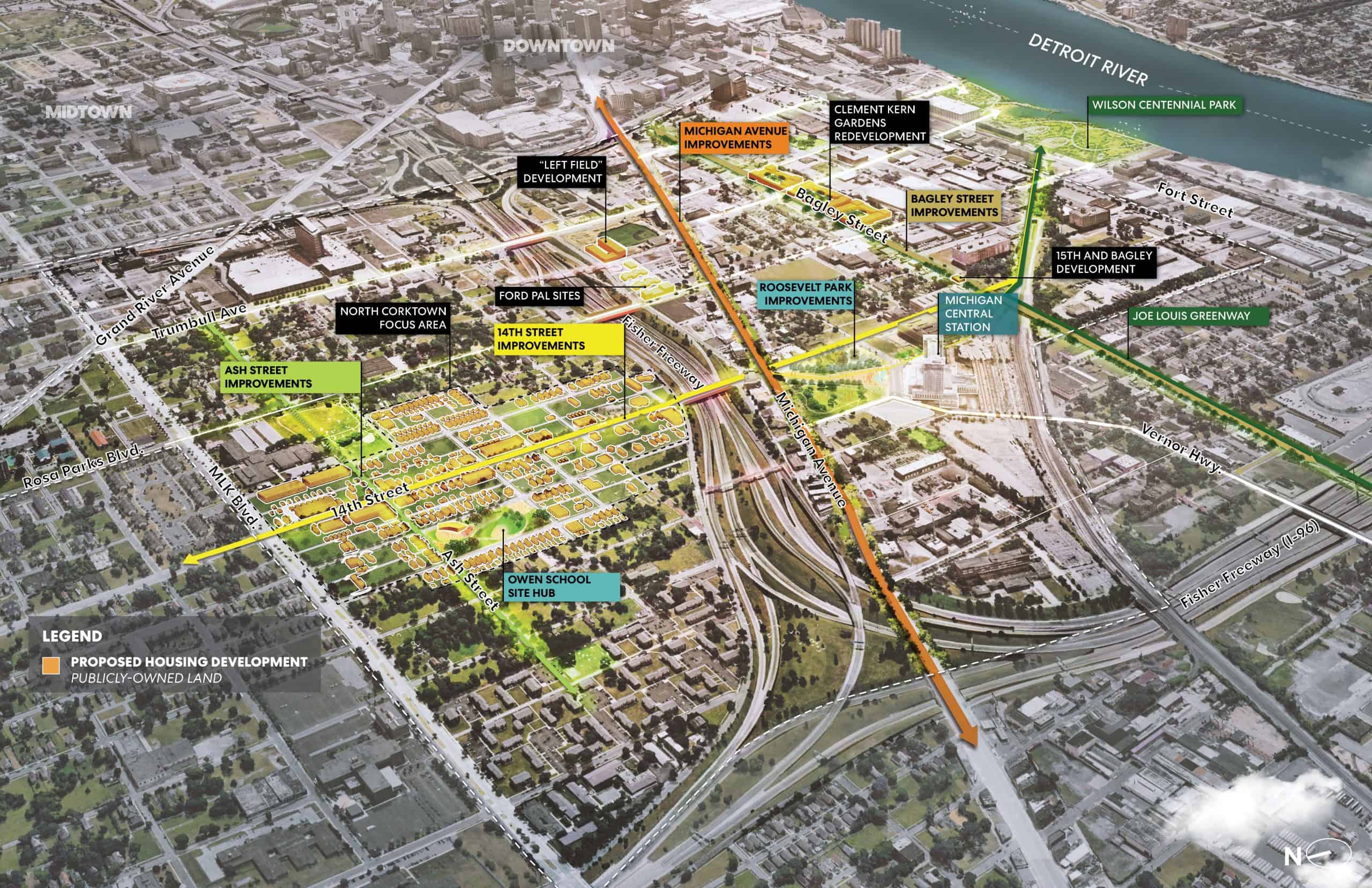ANN ARBOR – Living in California has to be one of the most expensive states to live in. The median home price is $552,000, and the cost of living is 27 percent higher than the national average. With these high costs, it’s no wonder that many people in California are struggling with debt.
If you are thinking of starting your own automobile-based business you might want to start by opening an llc in california.
The average Californian has $6,729 in credit card debt. This figure puts them above the national average of $5,700. One thing that makes the situation even harder for Californians is that the state’s minimum wage is only $15 per hour.
This means that many people work long hours to make ends meet. If you’re asking yourself, “how can I get out of debt in California?” this post is for you. There are a few things that you can do to get out of debt in California, and we’ll go over them below.
1. Create an Emergency Fund
The first step to getting out of debt is to create an emergency fund. This will help you cover unexpected costs in the future and avoid going into debt to pay for them. You should save 3-6 months of living expenses in your emergency fund. This may seem like a lot, but it’s essential to have a cushion in case something unexpected arises.
If you don’t know where to start, try setting up a budget and automatically transferring a fixed amount of money into your emergency fund each month. You can also start by cutting back on unnecessary expenses to have more money for your emergency fund.
If you have recurring medical expenses or are worried about job loss, you may want to save even more than 3-6 months of living expenses.
2. Pay Off High-Interest Debt First
Once you have an emergency fund in place, you can start working on paying off your debt. The best way to do this is to focus on the high-interest debt first. This includes any debt with an interest rate above 10%.
By paying off high-interest debt first, you’ll save money on interest payments in the long run. This will give you more money to put towards your other debts. You can use the debt snowball method to pay off your debts one at a time, starting with the smallest balance first.
This strategy can help you stay motivated as your debt balances shrink. Once you’ve paid off your high-interest debt, you can focus on paying off your other debts, like student loans or credit card debt.
3. Commit to a Frugal Lifestyle
Committing to a frugal lifestyle is one of the most effective debt solutions for California residents. This means making changes to the way you live so that you can save money.
Some of the ways you can do this include:
- Cooking at home more often
- Eating out less often
- Packing your lunch for work
- Buying generic brands
- Cutting back on entertainment expenses
- Carpooling or taking public transportation
Making these changes can be difficult, but they will save you a lot of money in the long run. If you’re unsure where to start, try cutting back on one expense at a time. You can also check your budget to see what you can do without.
4. Come Up With a Debt Management Plan
If you’re struggling to make monthly debt payments, it may be time to create a debt management plan. This formal agreement between you and your creditors outlines how you’ll repay your debts.
- Your debt management plan will include:
- The total amount of debt you owe
- The monthly payment you can afford to make
- The interest rate you’ll pay on your debt
- The repayment term (how long you have to repay your debt)
If you agree to a debt management plan, your creditors may be willing to lower your interest rates and waive late fees. This can make it easier for you to get out of debt.
Once you’ve created a debt management plan, you’ll need to stick to it. This means making your monthly payments on time and in full. If you miss a payment or are late on a payment, your creditors may cancel the agreement, and you’ll be back to square one.
5. Consider Debt Consolidation
Even after creating a debt management plan, you may still find it difficult to make monthly payments. If this is the case, you may want to consider debt consolidation or debt relief. You can learn more about it at Freedom Debt Relief to gain a better understanding of debt consolidation.
With debt consolidation, you take out a new loan to pay off your outstanding debts. This gives you one monthly payment to make, which can be easier to manage than multiple payments.
Debt consolidation can also save you money on interest payments. This is because you’ll usually qualify for a lower interest rate on your consolidation loan than you currently pay on your debts.
Just be sure to do your research before you consolidate your debt. There are both good and bad ways to consolidate debt, so you’ll want to ensure you’re doing it correctly.
You can consolidate your debt with a personal loan, balance transfer credit card, or home equity loan.
6. Get Help From a Nonprofit Credit Counseling Agency
Struggling with debts can have a significant impact on your mental health. If you’re feeling overwhelmed, it may be time to seek help from a nonprofit credit counseling agency. These agencies provide free or low-cost counseling services to help you get out of debt.
They can also help you create a budget and teach you financial management skills.
Credit counseling services are typically available online or over the phone. Some agencies also have locations you can visit in person. When choosing a credit counseling agency, pick one accredited by the National Foundation for Credit Counseling or the Financial Counseling Association of America.
Additionally, you can check the Better Business Bureau to see if any complaints have been filed against the agency.
Working with a professional can make a big difference when trying to get out of debt. They can help you develop a plan to get out of debt and stick to it.
In summary, most Californians dealing with debt often wonder, “how can I get out of debt in California? ” The answer is that there are many ways to get out of debt, but you must find the one that works best for your unique situation.
You may want to start by cutting back on expenses, creating a debt management plan, or consolidating your debt. If you’re struggling to make your monthly payments, you may also want to seek help from a nonprofit credit counseling agency. Whatever route you decide to take, remember to stay disciplined and committed to getting out of debt.
This article was written by Jane Fullston







